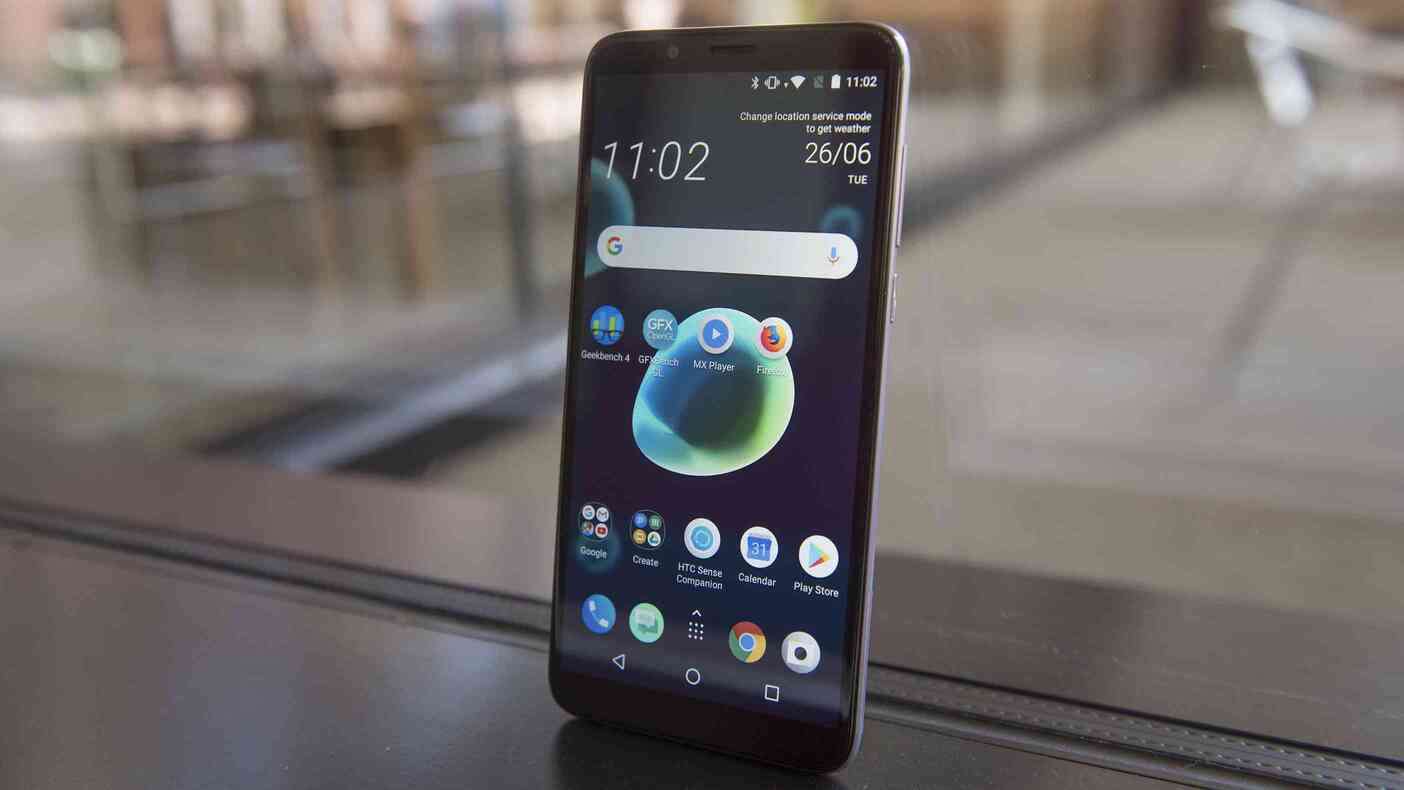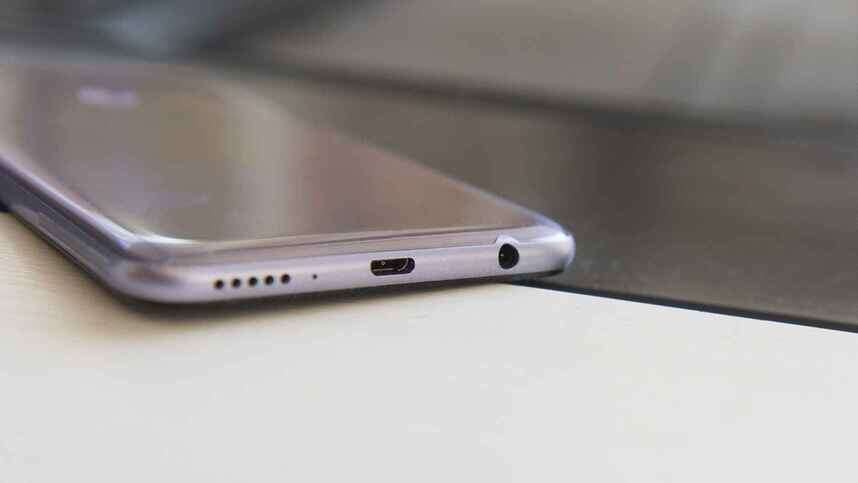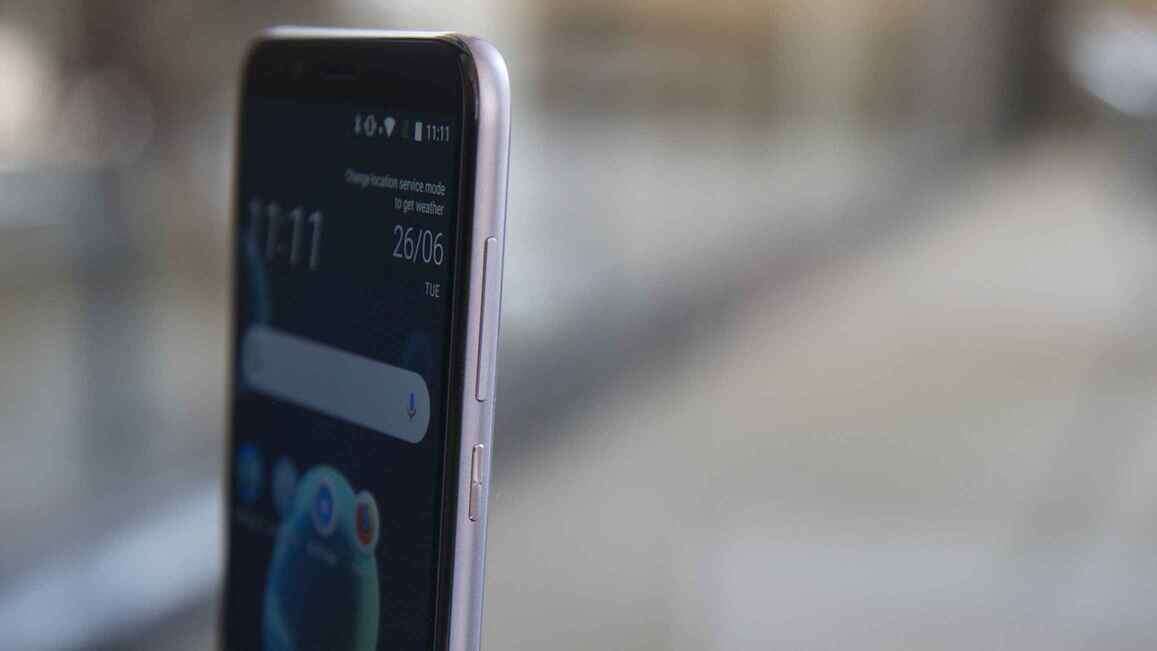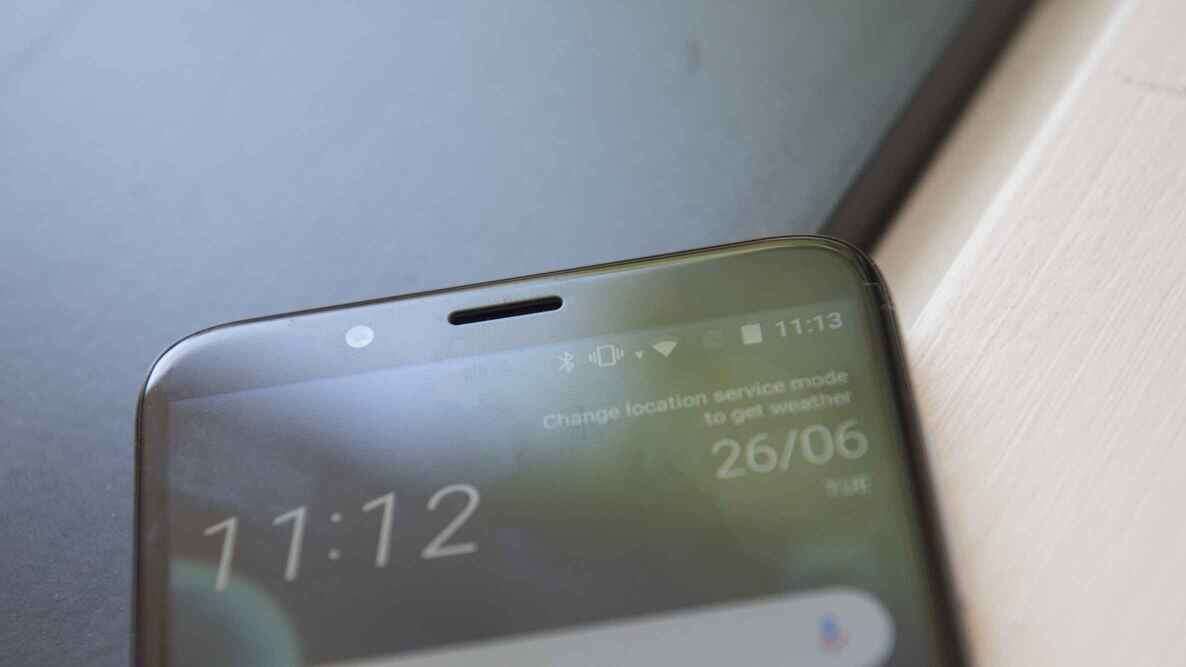HTC Desire 12+ review: HTC’s budget phone misses the mark
The market for budget phones has evolved over the last couple of years. Once, you’d have to sacrifice something critical – design, build quality or camera performance – in the quest to save money.
Fast-forward to 2018 and that’s no longer the case, with manufacturers such as HTC and Motorola now selling fantastic-looking smartphones that won’t cost you an arm and a leg. One such example is the HTC Desire 12+, which shares a similar design to the company’s £700 flagship phone, the HTC U12+.
READ NEXT: HTC U12+ review: A formidable smartphone to rival the 2018 titans
HTC Desire 12+ review: What you need to know
The Desire 12+ is a budget phone so the specification is, understandably, not as impressive as its flagship sibling. But it’s not that bad, either. The phone has a big 6in HD+ (720 x 1,440) 18:9 display, dual rear-facing cameras, an octa-core Snapdragon 450 chip, and it all runs on Android 8.0 Oreo.
However, when compared to its rivals, such as the Motorola Moto G6, Moto G6 Play and the Honor 9 Lite, the Desire 12+ fails to impress.

READ NEXT: Best budget phones to buy right now
HTC Desire 12+ review: Price and competition
The Desire 12+ costs £200 and at this price it isn’t short of competition. For only £160, there’s the Motorola Moto G6 Play , which is a touch smaller at 5.7in and has a slower Snapdragon 430 chip inside yet has better build quality.
Up to ante to around £205 and you can nab yourself the incredible Motorola Moto G6 , which also has a Full HD+ 5.7in display, a much better rear camera and support for fast-charging via USB Type-C.
If the latter two weren’t tempting enough you can also buy the impressive Honor 9 Lite for £200 , the budget Honor 7A for £140 and the Nokia 5 for £145 . You’re spoilt for choice, basically.
READ NEXT: Honor 9 Lite review: A great budget phone with an 18:9 display and a dual front-facing camera
HTC Desire 12+ review: Design and features
The HTC Desire 12+ is a great-looking phone. It’s available in two colours: black and purple. I was sent the purple model for this review and it looks great from afar but as soon as you start using the phone, you’ll notice it attracts fingerprints like crazy, and that's due to the acrylic glass found on the back surface. So, if you're someone who is prone to dropping a phone, you'll be pleased to know that the Desire 12+ won't shatter as easily as say, an all-glass back. Suffice to say, I like the design and the overall feel of the phone – it’s a stunner.
At the rear of the phone is a fingerprint reader that unlocks the phone in double-quick time, a dual-camera setup and an LED flash. On the bottom edge is a microUSB port, a 3.5mm headphone jack and a downward-firing speaker. Unlike the Moto G6, there’s no USB Type-C port, which means no fast charging support and it’s a little more fiddly to plug in.

The power button and volume rocker are on the right edge. Now, I’d normally not bat an eyelid over a set of buttons but these feel far too mushy, especially the textured power button. By comparison, the Honor and Moto phones’ buttons have a much firmer click.

Moving onto the left-hand side, there’s a 3-in-1 tray, which allows you to simultaneously use two 4G SIM cards and a microSD card (up to 512GB). This is good because you don’t have to sacrifice the secondary SIM card slot to expand the phone’s 32GB storage.
READ NEXT: Motorola Moto G6 review — The Return of the King
HTC Desire 12+ review: Display
The Desire 12+ has a 6in HD+ (720 x 1,440) IPS display, however, I’m disappointed not to see a Full HD+ display at this price. The Honor 9 Lite and Moto G6’s screens have a resolution of 1,080 x 2,160, and displayed graphics and photos look notably sharper as a result.

The LCD does get relatively bright, reaching 425cd/m² at its maximum, and this means you should be able to read what’s onscreen in most conditions. As for colour accuracy, the Desire 12+ reached an average Delta E of 2.84 (lower is better and anything below 2 is superb) and a maximum of 8.42, which is distinctly average for a phone in this price range.
Its coverage of the sRGB colour gamut is similarly middling. At 84.9% colours look vivid but don’t pop as much as they might if that number had been higher. Similarly, its 1,261:1 contrast ratio is… you guessed it: average.
READ NEXT: Honor 7A review: Can Honor’s best value smartphone rival the Motorola Moto G6?
HTC Desire 12+ review: Performance
Housed inside the HTC Desire 12+ is a 1.8GHz octa-core Snapdragon 450 processor and 3GB of RAM. This selection of components delivers exactly what you’d expect from a budget phone:
^ HTC Desire 12+ Geekbench 4 benchmark
In Geekbench 4, the multi-platform CPU benchmark, the Desire 12+ achieves a near-identical score to the Moto G6, hardly surprising as that phone uses the same processor. But despite identical components, graphical performance is better and that’s due to the fact that the graphics processor has fewer pixels to render per frame.
^ HTC Desire 12+ GFXBench benchmark
As with all budget smartphones, however, you’ll mostly want to stick to casual games. More demanding titles such as like PUBG simply don’t run fluidly enough to be playable.
When it comes to battery life, the HTC Desire is middling at this price. It has a 2,965mAh battery and this helped it last 10hrs 40mins in the Expert Reviews video rundown benchmark. That puts it a long way behind the 15hrs 39mins of the Moto G6 Play and yet ahead of the 9hrs 9mins achieved by the Honor 9 Lite.
^ HTC Desire 12+ battery life
And, because there’s no support for fast-charging, and as a result, it takes around 2-3hrs to charge to full when it does die.
As for software, the Desire 12+ runs Android 8 Oreo but, unlike its Moto G6 rivals, it uses HTC Sense and this means the phone comes with a handful of extra features and pre-installed apps, most of which, fortunately, can be removed.
READ NEXT: Motorola Moto G6 Play review: Another winner from Motorola
HTC Desire 12+ review: Camera
At the back there’s a dual 13-megapixel camera with an aperture of f/2.2 and phase detect autofocus, accompanied by a secondary 2-megapixel camera, used as a depth sensor for creating blurred background bokeh effect portrait shots.
The camera’s performance isn’t terrible but it falls short of the impressive Moto G6. Instead, the Desire 12+’s camera is better compared with the cheaper Moto G6 Play.
In bright conditions, the camera captures plenty of detail. In the images below (captured on different days but in similarly bright conditions), you can see the detail levels captured in the brickwork of the buildings is similar between both the HTC Desire 12+ and Moto G6 Play. Things sharpen up when HDR is enabled; colours are a tad less washed out and tree foliage is a touch more refined.
In low light conditions, the Desire 12+ struggles with image noise so you’ll want to turn on the flash. This, however, impacts the overall colour accuracy. In the shots below, the colour palette is all wrong, while the pens on the right-hand side look neon-coloured.
^ Low light test without flash
^ Low light test with flash
As for the front camera, selfies are satisfactory, but in comparison with the single selfie camera on the Moto G6 and G6 Play and the impressive dual-selfie camera on the Honor 9 Lite, the Desire 12+’s front-facing camera fails to stand out.
READ NEXT: Nokia 5.1 review: Hands-on with the Nokia 5's more powerful sibling
HTC Desire 12+ review: Verdict
The Desire 12+ isn’t necessarily bad, it’s just that when you compare it to its rivals, it’s just rather average. For almost the same price, you can get the Moto G6 , which has a sharper screen, a sleeker design, a class-leading camera and a USB Type-C port with fast-charging capabilities. Even the G6 Play, offers more for less and that’s considerably cheaper than the HTC Desire 12+.
It’s tough, then, to justify recommending or being overly positive about the HTC Desire 12+. Sure, it might look gorgeous from afar but that’s honestly the only real thing going for it. Until HTC drops its price, there’s no reason to buy it over its rivals.